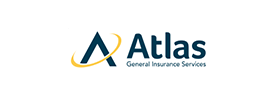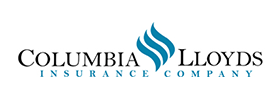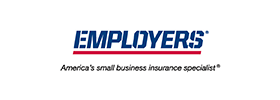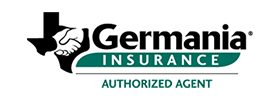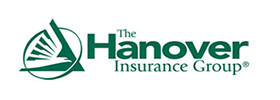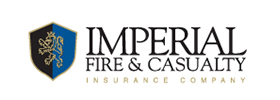Receiving a notice of an audit can sometimes cause a business owner stress; although, that’s not the intention. An audit is performed to ensure you have the appropriate premium for your exposure, or the thing for which you have insurance. Your initial deposit premium was based on your best estimate of the auditable exposure (payroll, sales, etc.). Insurance companies use a Premium Auditor at the end of the policy period to compare the “actual” auditable exposure against your “estimated” amount.
What is an Insurance Audit?
An insurance audit examines your business’ payroll or gross annual sales and risk exposure. An audit makes sure you’re paying the correct amount for insurance.
What happens in an Insurance Audit?
The word “audit” may sound stressful, but don’t panic. At the beginning of the year, you pay a certain amount for coverage. If you’re asked to go through an audit at the end of the year, an auditor, hired from the insurance company, reviews your business’ payroll and other documents to determine if the premium you paid was accurate.
An audit looks at some or the following:
- Your business’ gross annual sales
- Job duties of employees and independent contractors
- Changes from the prior year
- Your annual payroll to W2 and 1099 workers
Depending on the audit results, you could have additional premium due because you needed more coverage, so you’ll have to pay the difference.
Preparing for a Premium Audit
Having the necessary documents and information can make for a smooth audit. Some documents you may need include:
- Payroll (for your W2 and 1099 workers)
- Certificates of insurance (for your 1099 workers or a waiver signed from them)
- Tax documents
- Subcontractor or independent contractor documents
Do I have to do an Insurance Audit?
Insurance companies may perform an insurance audit at the end of the year for:
- General liability insurance
- Workers’ compensation insurance
- Commercial property insurance
If you’re notified of an insurance audit it’s important to send your insurance company any documents or information they ask for. Completing an insurance audit, or any type of insurance audit ensures you’re paying for the right amount for coverage.
Be aware that if you don’t complete an insurance audit, your insurer can:
- Charge a premium increase. In some cases, this can be a significant amount.
- Cancel your policy, leaving you without coverage.
- Report you to a collection agency if there’s a balance due on your premium and you don’t pay it.
Learn More About Audits and Coverage
Choosing the right policy and coverages is important and can help you run a successful business. Insurance is backed by years of experience and know every business owner has unique needs. Our specialists are here to help you every step of the way. So, if you need help completing an insurance audit or have any other questions, we’ve got your back.







